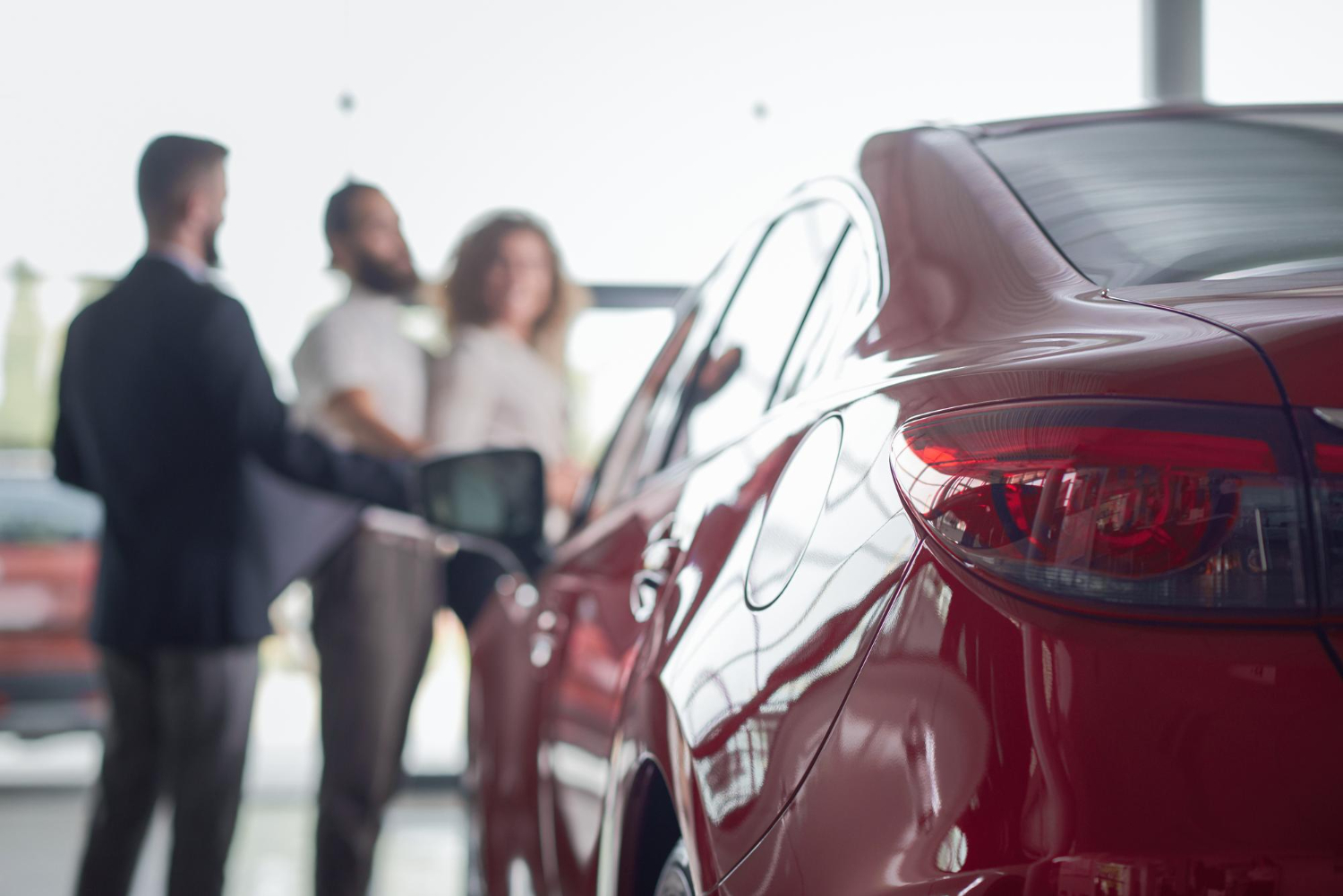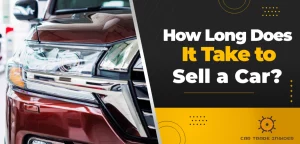Consider your needs, finances, and the car’s condition. Assess if you still need the car, whether you need the money, and if the car’s condition is favorable for selling. Ultimately, decide what’s best for you by weighing these factors.
Welcome to our comprehensive guide on the age-old question: “Should I sell my first car?” Whether you’re facing the dilemma of parting ways with your beloved first vehicle or looking for practical advice on how to make the decision, this guide is here to help.
We’ll explore the factors to consider, from the condition of your car to your financial situation and personal needs.
Should You Sell Your First Car?
Deciding whether or not to sell your first car is a significant choice that requires careful consideration. Several factors come into play:
1. The Condition of the Car
The first factor to assess is the condition of your car. If it’s in good shape with low mileage, you might be able to fetch a decent price for it. On the other hand, if the car is showing signs of wear and tear or has accumulated high mileage, its resale value might not be as appealing.
2. Your Financial Situation
Evaluate your financial circumstances. If you’re in need of immediate funds for other expenses, such as a down payment on a new vehicle, selling your first car could make sense. However, if you’re financially stable and don’t require the money urgently, sentimental reasons for holding onto the car may become more relevant.
3. Your Needs
Consider your current needs. If you’ve relocated to an urban area with ample public transportation or walkability, keeping the car might not be practical. Conversely, if the car still serves a vital role in your daily life, it might be worth holding onto for the convenience it provides.
Pro Tip: If your car has some repair issues, repair them before selling to get a fair price. For example, selling a car without air conditioning can impact your vehicle’s resale value.
How to Prepare Your Car for Sale
If you decide to sell your first car, it’s crucial to prepare it properly to attract potential buyers. Follow these steps:
- Clean and Detail Your Car: A clean and well-maintained car is more likely to capture the attention of buyers. Give your car a thorough cleaning, both inside and out. Consider getting it professionally detailed for that extra shine.
- Declutter the Interior: Remove any personal items and clutter from the interior. A tidy, organized space will give buyers a clearer picture of the car’s condition.
How to Price Your Car
Setting the right price for your car is essential to attract potential buyers and ensure a successful sale. Research the current market value of your car model, taking into account factors such as its age, mileage, and condition. This will help you set a competitive and realistic asking price.
Where to Sell Your Car
Deciding where to sell your car depends on your preferences and convenience:
1. Private Sale
Selling your car privately can often yield a higher selling price, but it requires more effort in terms of advertising, negotiating, and handling paperwork.
2. Dealership
Trading your car at car dealerships is a convenient option, but keep in mind that their offer might be lower than what you could get through a private sale.
3. Car Buying Services
Car buying services offer a streamlined process, providing quick cash for your car. However, the price they offer might not be as competitive as a private sale. Here are some of the best places to sell your car online.
How to Advertise Your Car
Effectively advertising your car is crucial to attracting potential buyers:
- Write a Compelling Ad: Craft a detailed and enticing advertisement that highlights your car’s key features, condition, and any recent maintenance or upgrades.
- Choose the Right Platforms: List your car on reputable online platforms, classified ads, and social media groups where potential buyers are likely to search.
How to Handle Inquiries and Test Drives
Once the word is out, you’ll likely receive inquiries and requests for test drives:
- Screen Potential Buyers: Ask potential buyers relevant questions to ensure they are genuinely interested. Be cautious of any red flags during communication.
- Conduct Test Drives Safely: Before allowing a test drive, verify the buyer’s driver’s license and insurance. Accompany them during the test drive to ensure the car’s safety.
How to Close the Deal
When you find a serious buyer, it’s time to finalize the sale:
- Negotiate Fairly: Be prepared to negotiate on the price. Research comparable listings and stay flexible while aiming for a fair agreement.
- Complete the Paperwork: Ensure you have all the necessary paperwork ready, including the title, bill of sale, and release of liability forms.
Conclusion
Deciding whether to sell your first car is a significant choice that involves weighing various factors, from its condition to your financial situation and personal needs.
By considering these aspects and following the steps outlined in this guide, you’ll be well-equipped to make an informed decision that aligns with your circumstances and preferences.
FAQs
Is selling my first car the right decision if it’s in poor condition?
Selling a car in poor condition might still be worthwhile, but you might need to adjust your expectations on the selling price.
Can I trade in my first car at a dealership even if it’s old?
Yes, dealerships often accept trade-ins regardless of the car’s age, but the offer might be affected by its condition.
What documents do I need to finalize the sale of my car?
You’ll typically need the title, bill of sale, and any necessary release of liability forms to complete the sale legally.





